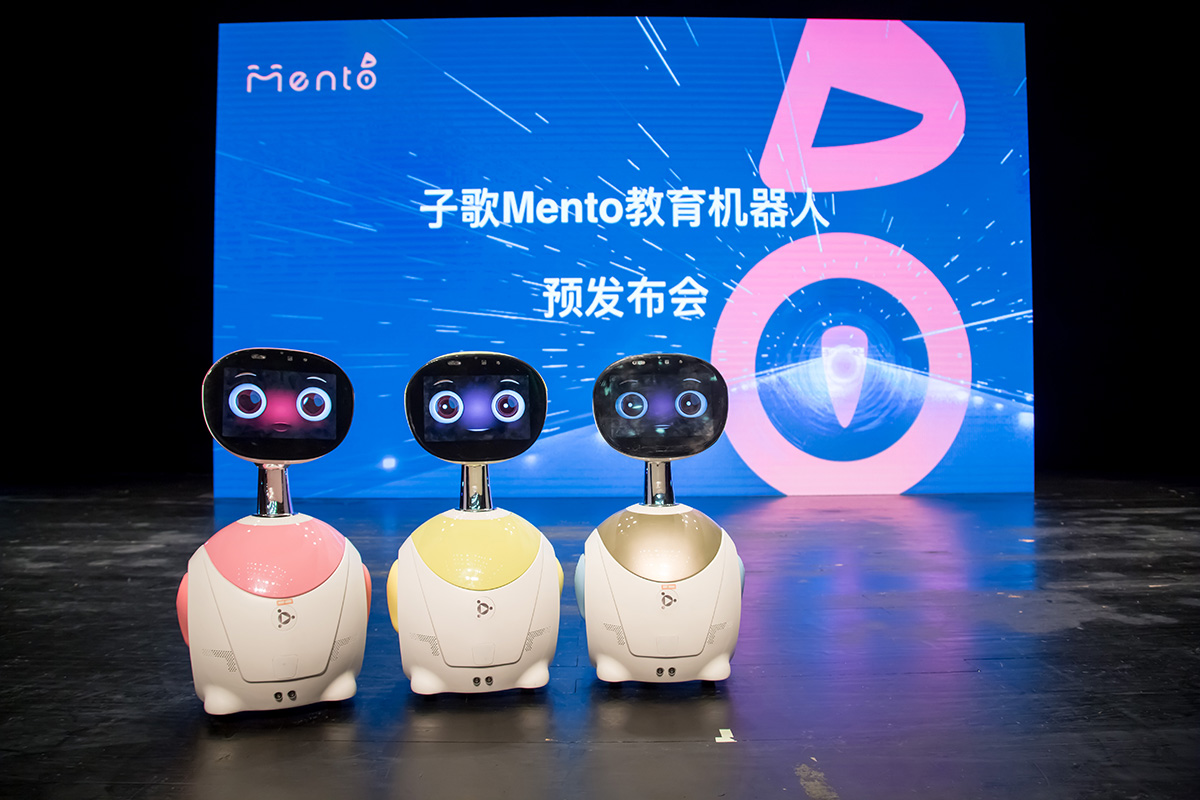AI improving education, but teachers still irreplaceable

Recently, a company in Shenzhen released robots that are able to guide and interact with students in learning Chinese and English while adjusting the content in depth and complexity based on an analysis of the learners’ level of understanding. The application of AI has the potential to revolutionize teaching and learning models. However, experts said it is unable to meet the infinite needs of students and replace the role-model effects of teachers.
In the education industry, artificial intelligence (AI) not only facilitates integration and innovation but also offers new possibilities to realize the balanced distribution of resources and individualized education. In an interview with CSST, scholars explained the impact of AI on education, teachers and students, but they agreed that it won’t replace teachers.
The Next-Generation Artificial Intelligence Development Plan issued by the State Council in July this year proposed integrating AI into education. Specifically, the plan aims to reform the education model, establish a new system of intelligent and interactive study, provide education services tailored to the needs of users, and achieve customized daily and lifelong education.
Wu Yonghe, a professor of education at East China Normal University, pointed out AI’s advantages. It promotes the generation, dissemination and updating of knowledge, thus preventing knowledge from becoming obsolete. It transforms learners from knowledge consumers to creators by adjusting the service it provides based on an analysis of the learners’ level of understanding. The role of teachers who impart knowledge is also changed to “coaches” who lead students in interactive experience.
Sheng Qunli, a professor of education at Zhejiang University, said that AI can be used to teach some definitions and standard procedures. Teachers are thus freed from tedious repetition. More of their energy can be devoted to their own academic level, students’ mental health and innovative teaching.
Liu Xuezhi, a professor of education at Northeast Normal University, said deep learning will lead to definite changes in teaching and learning models. AI enables teachers to treat students as individuals and teach them accordingly. It will also guide students during their autonomous study process with personalized solutions.
Though it has the ability to teach students theories and methods, AI still can’t do it all, Sheng said. Helping students to form positive attitudes, beliefs and values remains an irreplaceable function of teachers. Liu agreed with this. The process of teaching and the development of students are influenced by multiple factors and involve more than mechanical AI that follows a certain program. Therefore, AI is unable to meet the infinite needs of students let alone replace the bond between teachers and students or the role-model effects of teachers.
Nevertheless, the changes in teaching media brought about by AI cannot be underestimated. “Teaching needs to keep up with the times. Teachers must diversify their methods of teaching and interacting with students by taking full advantage of intelligent technologies,” Sheng said.
Liu had several suggestions for educators in the AI era. They need to reconsider their role in interaction with computer-based technologies. The teaching and learning process requires in-depth research to develop efficient teaching models as well as an individualized deep-learning strategy for students. Efforts are also needed to generate a process-oriented assessment of student performance and to establish it as a regular and effective mechanism.
ZHANG CHUNHAI and ZHAO LU are reporters at the Chinese Social Sciences Today.

 PRINT
PRINT CLOSE
CLOSE